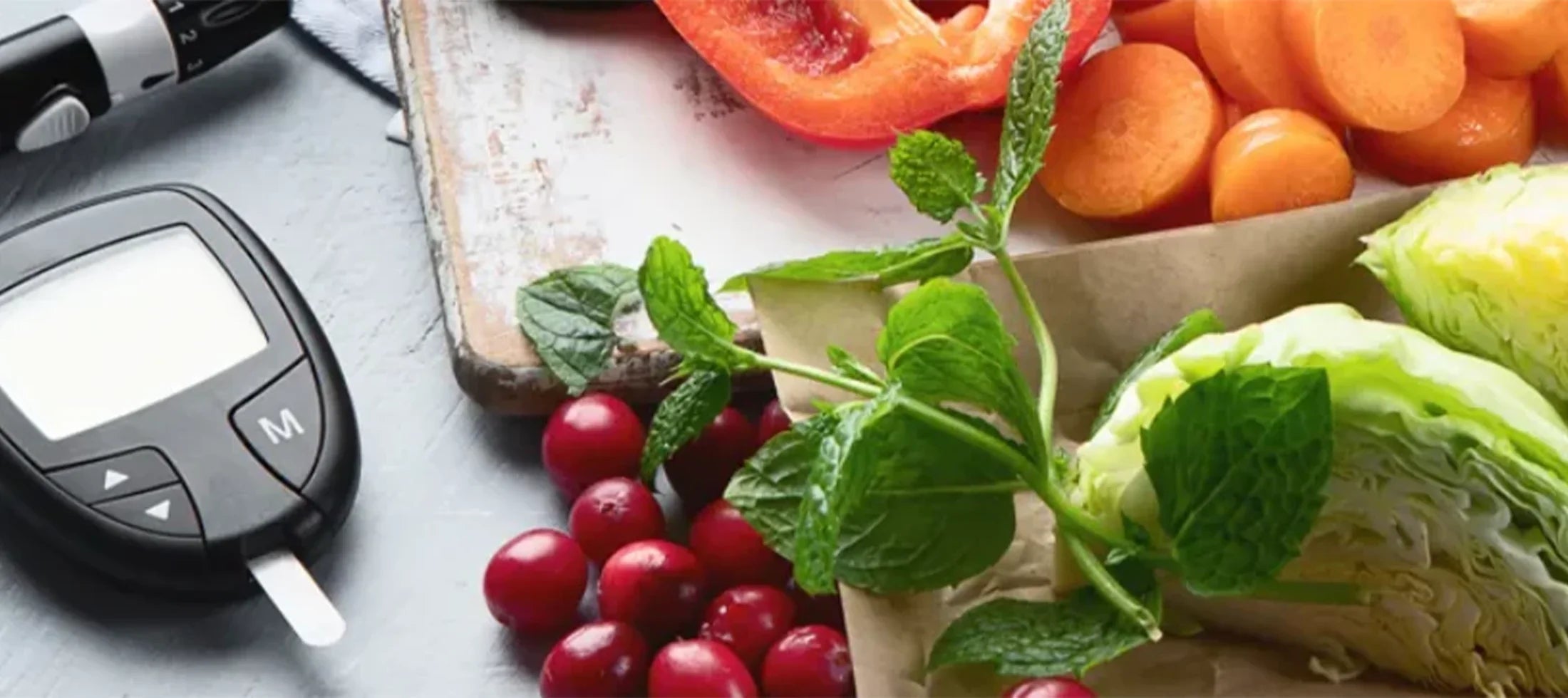All Muslims look forward to fasting in the holy month of Ramadan. It is very close to our hearts. But if God forbid someone is suffering from a chronic disease like diabetes, it may be hard to decide whether to fast or not. If you are suffering from diabetes, you can fast but be extra cautious about the adverse symptoms and blood sugar levels. Fasting safely while being diabetic is possible and is explained in detail in the following article.
What is diabetes?

Diabetes is a condition in which the body fails to produce enough insulin or to utilize it efficiently and as a result, the glucose levels in the blood rise. The body suffers from different symptoms due to this including
- Polydipsia (excessive thirst)
- Frequent urination
- Polyphagia (insatiable hunger)
- Lethargy
- Dryness
- Unintended weight gain/loss
Blood sugar while fasting
You should keep a check on your blood sugar levels while fasting if you are diabetic. The blood sugar level should be between 70-125 mg/dL. Levels below or higher than this range are dangerous and require attention.
Risks associated with fasting while diabetic
Fasting involves long hours of not eating or drinking anything. Thus some risks are also associated with this which include,
Hypoglycemia
If you are taking any medications to control your blood sugar levels, you are at risk of having too low blood sugar levels which is called hypoglycemia. Hypoglycemia is characterized by tiredness, lethargy, headache or even fainting.
If you experience any of these symptoms check your blood sugar levels and break the fast immediately if you have hypoglycemia.
Hyperglycemia
Hyperglycemia is another condition where blood sugar levels exceed the normal range. This could lead to diabetic ketoacidosis which may require hospital treatment. The symptoms of hyperglycemia include excessive thirst and dryness of mouth and frequent urination.
If you observe any of these symptoms check your blood sugar levels and drink plain water or any sugar-free drinks to lower the sugar levels.
Dehydration
Dehydration may occur due to hyperglycemia or due to medication for diabetes. Try to take enough sugar-free fluids and drinks in non-fasting hours. Break the fast if you experience severe dehydration.
How to fast safely if you are diabetic
There are some safety measures that you should follow if you are planning to fast while being diabetic
- Talk to your doctor and strictly follow the medicine regime he prescribes.
- Monitor your blood sugar levels and keep checking the symptoms like extreme lethargy, excessive thirst, frequent urination, and intolerable hunger.
- Never ignore hypoglycemia, hyperglycemia, or dehydration, and break the fast immediately.
- Plan your iftar and suhoor carefully.
- Try to drink plenty of fluids during non-fasting hours.
- Keep your physical activity low as per your strength.
Iftar for the diabetics
A healthy iftar for the diabetic includes plenty of sugar-free fluid, complex carbohydrates, and protein. The first question coming to your mind would be is it ok to break your fast with dates? It sure is. Dates provide natural sugars to replenish your glucose levels. Besides dates, other fruits also provide a combination of natural sugars and fiber.
The main course must not include traditionally fried iftar items. Rather include grilled meat or stir-fried kebabs or beans and chickpea salad. Another considerable option is soup either made with bone broth or vegetarian options.
Last but not the least, water is the best option to drink. The other options include freshly squeezed juice or milk. Avoid drinks containing concentrated sugar.
Besides this, light workout post iftar is also recommended to keep blood sugar levels in control. Also, light snacking on either nuts, popcorn, roasted chickpeas or corn, or other similar options will help control the blood sugar levels during fasting hours.
Suhoor for the diabetics
Suhoor is an important meal for the diabetic. It must be designed in such a way that you don't experience hypo or hyperglycemic state or dehydration. First things first, keep drinking water throughout the non-fasting hours to avoid dehydration.
Secondly, complex carbohydrates should be your choice. The considerable options include oats, whole wheat flour, cornflakes, muesli, or any other diabetes-friendly cereal. The cereals may be taken with milk or yogurt or other milk alternatives of your choice without added sugars.
Avoid too salty or sweet foods at suhoor as they will make you feel thirstier. Including yogurt in your suhoor menu also prevents dehydration. It can be taken as such or in the form of lassi. Chia seeds may also be added to oats, it prevents dehydration.
Benefits of fasting for the diabetic
Fasting if done right, poses many health benefits too. Some proven benefits of fasting for diabetics include,
- Fasting promotes insulin sensitivity and helps control blood sugar levels.
- Fasting can alleviate the symptoms of inflammation and improve the condition.
- Fasting can improve heart health and lower the levels of cholesterol, triglycerides, and blood pressure.
- Fasting promotes fat burning and boosts metabolism which helps in weight loss.
Cautions to take if you fast while diabetic
- Talk to your physician in detail about how fasting may affect your body and how to manage your diabetes medication.
- Keep checking your blood sugar levels and closely observe any adverse symptoms to avoid any mishaps.
- Break your fast immediately and treat accordingly if you observe a hypo or hyperglycemic state.
- Avoid any extra physical activity during fasting hours. However, a light workout after an iftar can help control blood sugar levels.
- Drink enough water and fluids to keep your body from dehydrating.
- Avoid too sugary or salty foods in suhoor and iftar.
- Prepare a well-balanced, nutritious, and low in refined sugars suhoor and iftar.
Reviewed by Certified Dietitian



Share:
7 ways to exercise if you are too busy
Stop Worrying About Fats in Your Diet